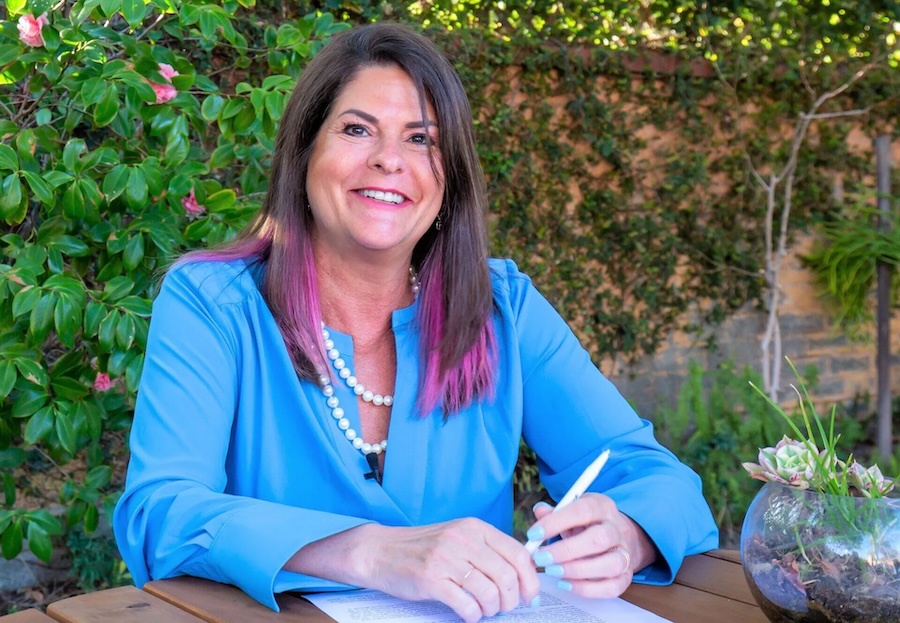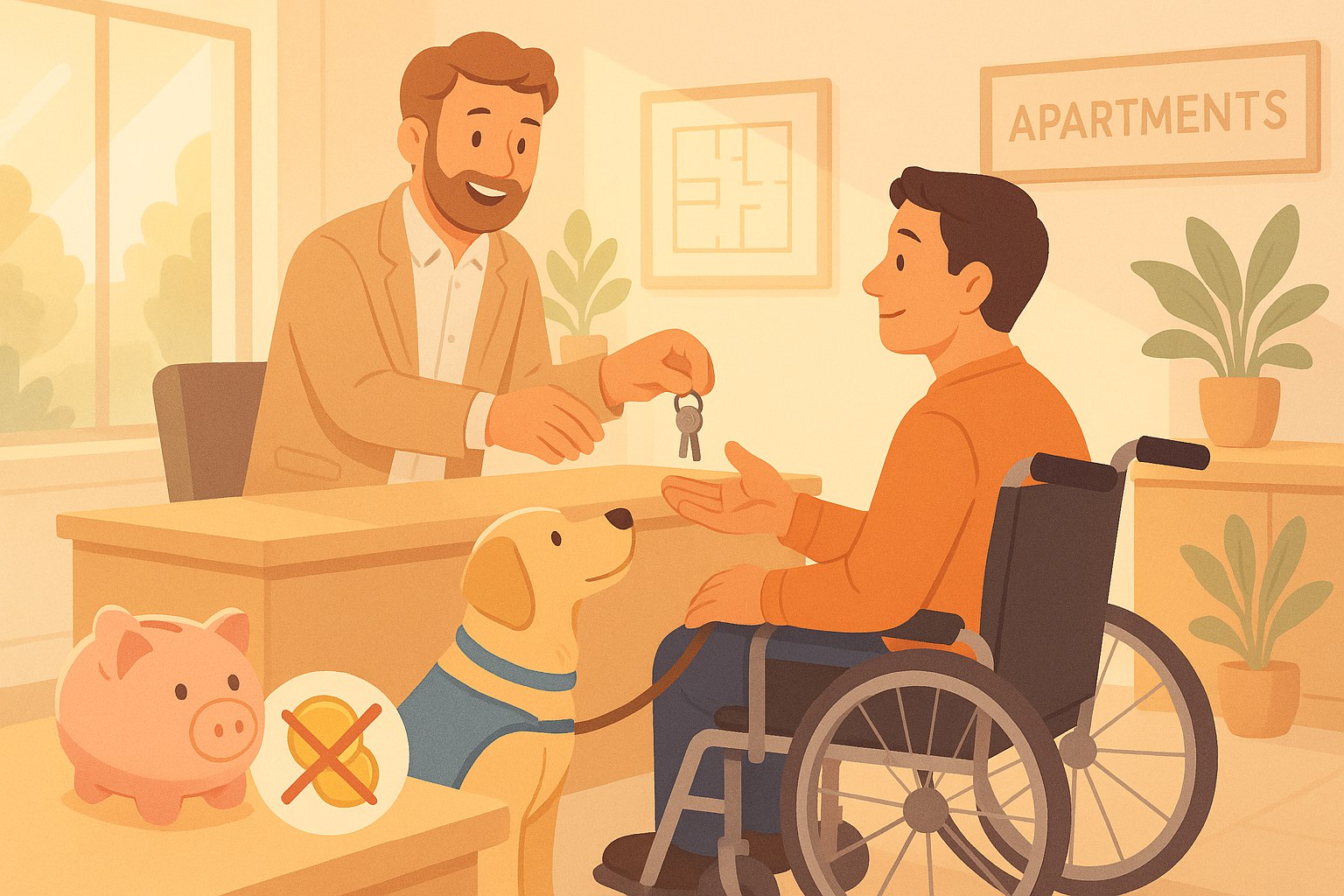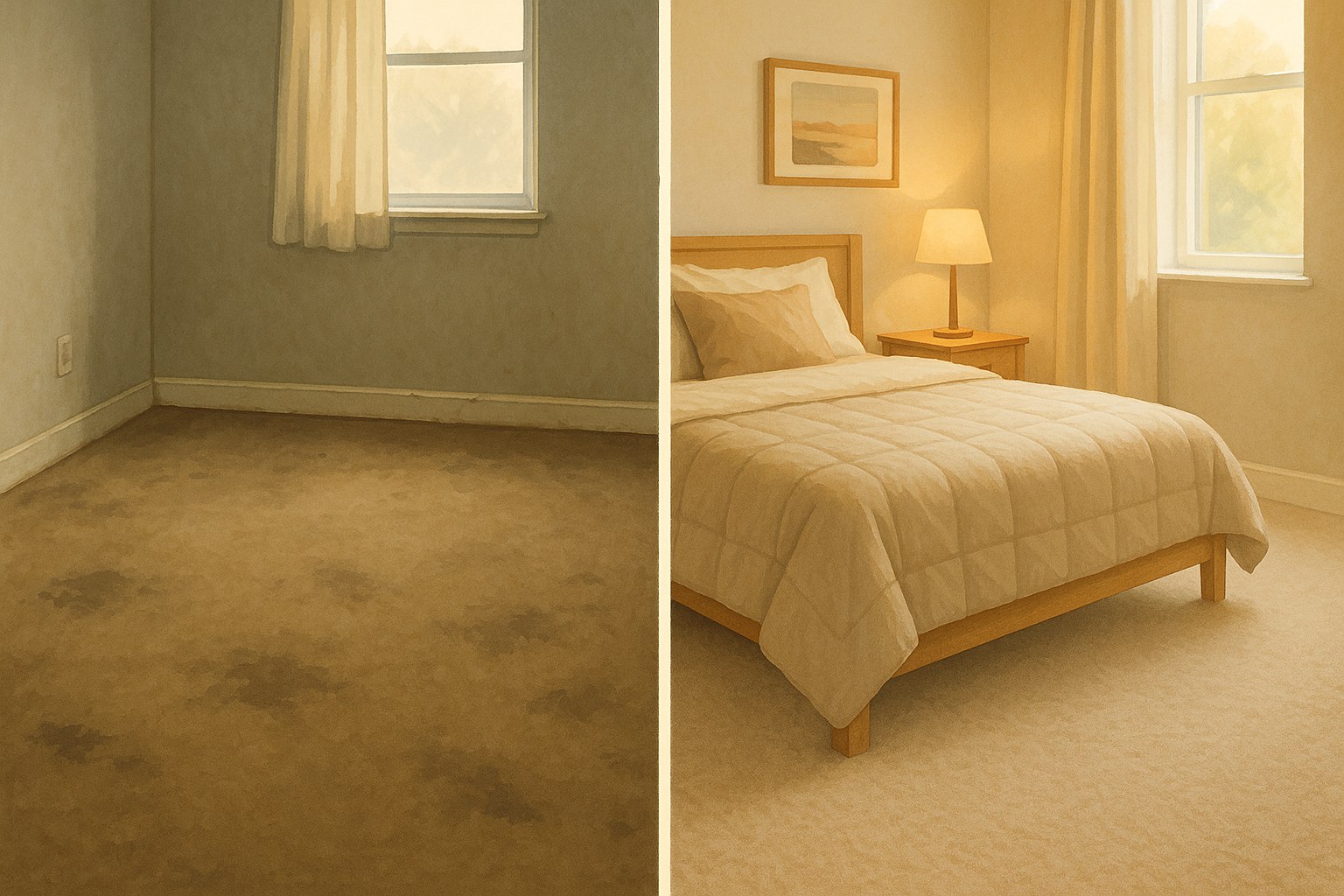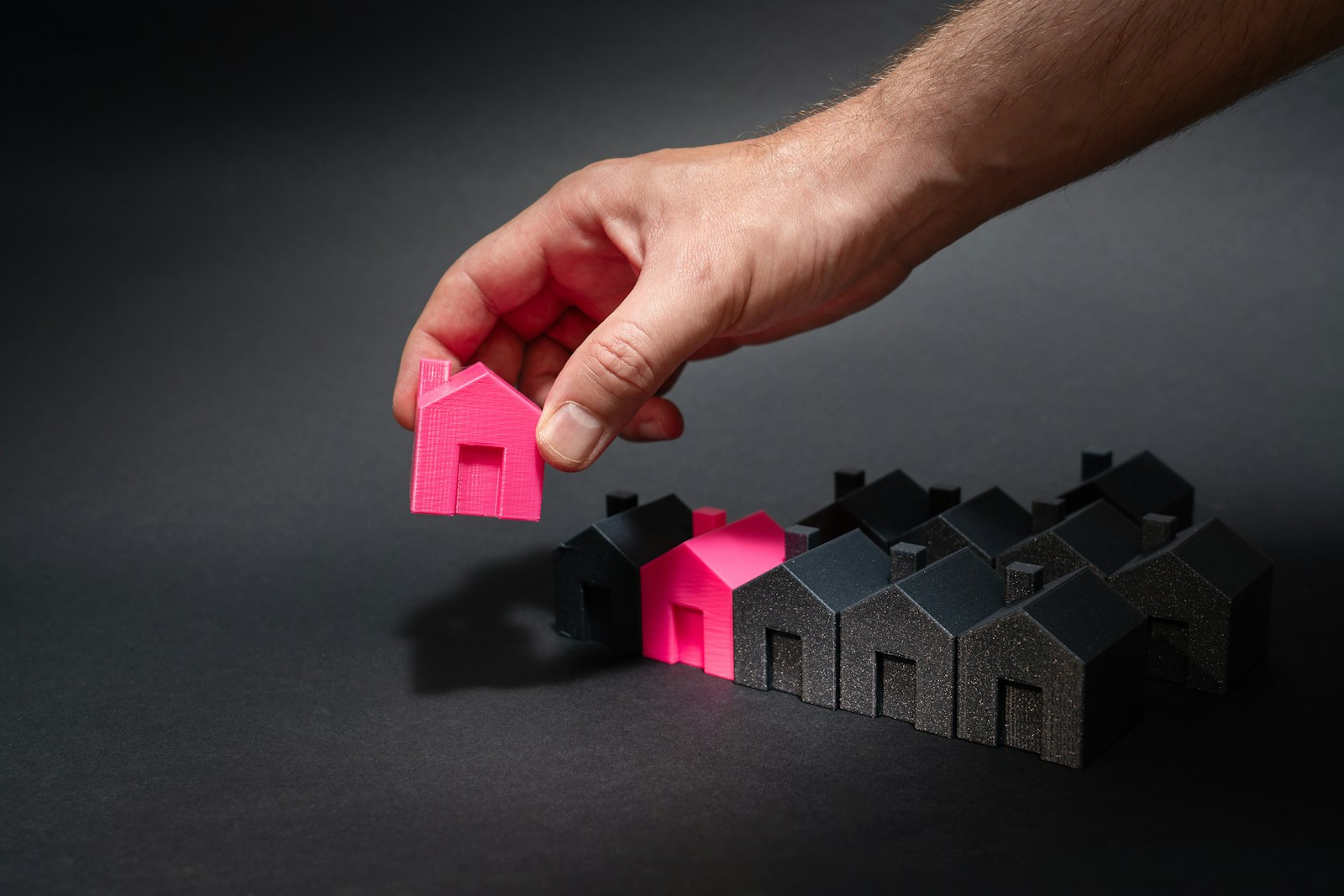“Ask Kari” – Quiet Please! Navigating Noisy Neighbors with Expertise
“Ask Kari” – Quiet Please! Navigating Noisy Neighbors with Expertise
- Hi, Kari! How do you suggest I deal with noise complaints?
Imagine receiving an email from your tenant, Karen, who seems to have a knack for frequent complaints. This time, however, she may have a valid point! Her next-door neighbor is keeping her awake all night with his late-night guitar practice. Ah, the joys of apartment living – where every sneeze, Netflix marathon, or spontaneous dance party from the adjacent unit over becomes a shared experience. We’ve all encountered these tales, whether it’s the relentless tap-dancing from above or the unexpected drum solo echoing through the walls.
Managing noisy neighbors doesn’t need to be an ongoing struggle. Most of the time, these neighbors aren’t twirling their mustaches and cackling maniacally as they crank up their stereo at 2:00 a.m. just to annoy you. Instead, they’re often unaware that their late-night guitar practice is echoing like a rock concert in your living room. It’s rarely personal; it’s just sound waves doing their thing. Understanding this perspective can make addressing the situation less daunting. So, here are some practical tips from my experience in managing these situations:
1. Promote Neighborly Communication
Encourage residents to communicate directly with their neighbors first before escalating to management. Often, a friendly knock on the door and a polite conversation can resolve the issue without formal intervention.
2. Set Clear Community Standards
Ensure community rules on noise, quiet hours, and acceptable sound levels are clearly communicated to all residents. Post reminders periodically and include these guidelines in lease agreements to ensure everyone is aware and accountable.
3. Respond Promptly and Professionally
When a noise complaint arises, address it promptly and professionally. Listen attentively to the complainant’s concerns and gather details about the incident. Approach the resident responsible for the noise with empathy and a willingness to find a solution.
4. Mediate and Educate
Act as a mediator between parties involved. Often, residents are unaware of how their activities affect their neighbors. Educate them on the importance of respecting quiet hours and being mindful of noise levels, especially in shared living spaces.
5. Document and Follow Up
Document all noise complaints, actions taken, and resolutions. Keep a record of any repeat incidents or patterns of behavior that may require further intervention or enforcement of community policies.
6. Offer Practical Solutions
Provide residents with practical tips for reducing noise, such as using rugs to dampen footfall sound, noise-absorbing drapes, using headphones for music or television, and being mindful of volume during late hours.
7. Use Technology Wisely
Consider using technology such as noise monitoring systems or apps to objectively measure noise levels in shared spaces and between units. This approach offers valuable data and insights that are crucial when addressing ongoing noise concerns. Remember, residential noise limits typically range between 55-60 decibels, with noise levels reaching 70 decibels or higher most often considered disruptive.
8. Maintain Neutrality and Fairness
Remain neutral and fair in your approach to resolving noise complaints. Treat all residents with respect and ensure consistent enforcement of community rules to foster a sense of fairness and accountability.
And if Karen’s daily emails about her neighbor’s impromptu rock concerts have become your new morning ritual, fear not! Remember: handling these issues requires a delicate but direct dance of diplomacy, communication, and fair enforcement. By staying proactive and fostering a culture of respect, we can ensure our community thrives in peace and harmony and remember in the end everyone is entitled to quiet enjoyment – even you. Here’s to quieter living and happier neighbors!
Written by Kari Negri, Chief Executive Officer, SKY Properties, Inc.
SKY Properties are not carbon monoxide experts; and this article is based on their experience and research to provide readers with important information. Kari Negri is the Chief Executive Officer of Sky Property Management and is a member of the Board of Directors of the Apartment Association of Greater Los Angeles. Do you have a question for me? Please send your questions and comments to me at Kari@SKYprop.LA.








